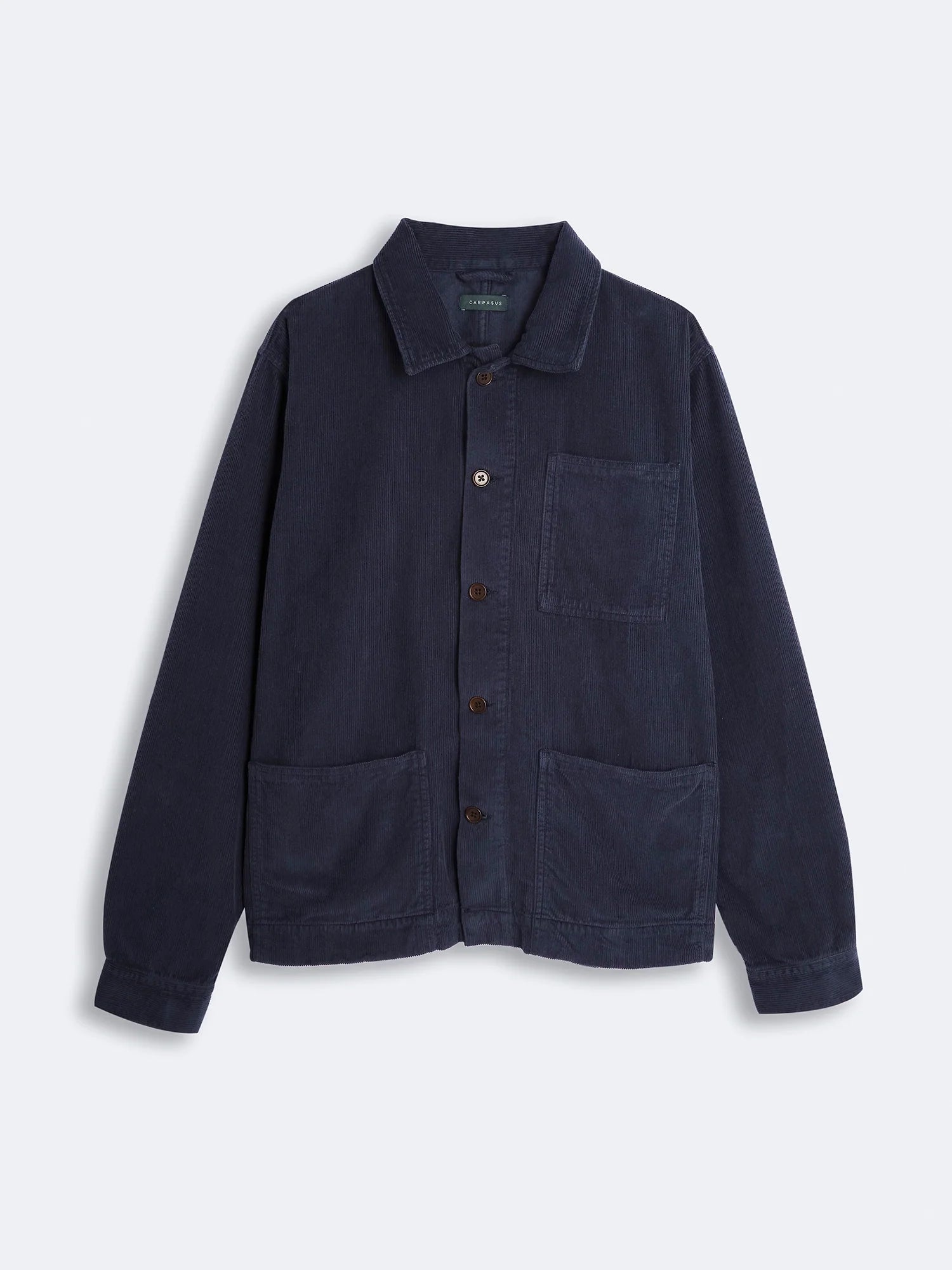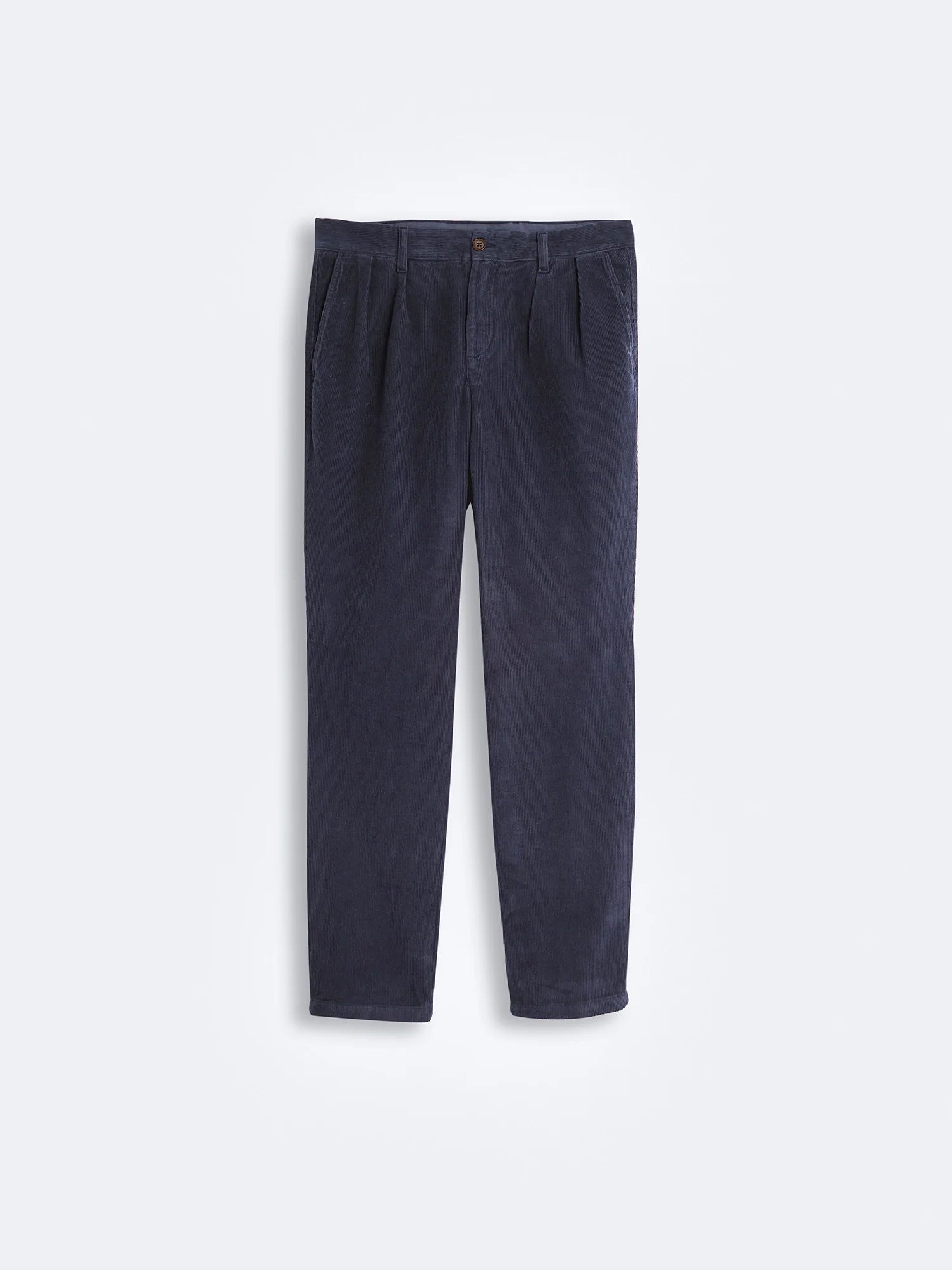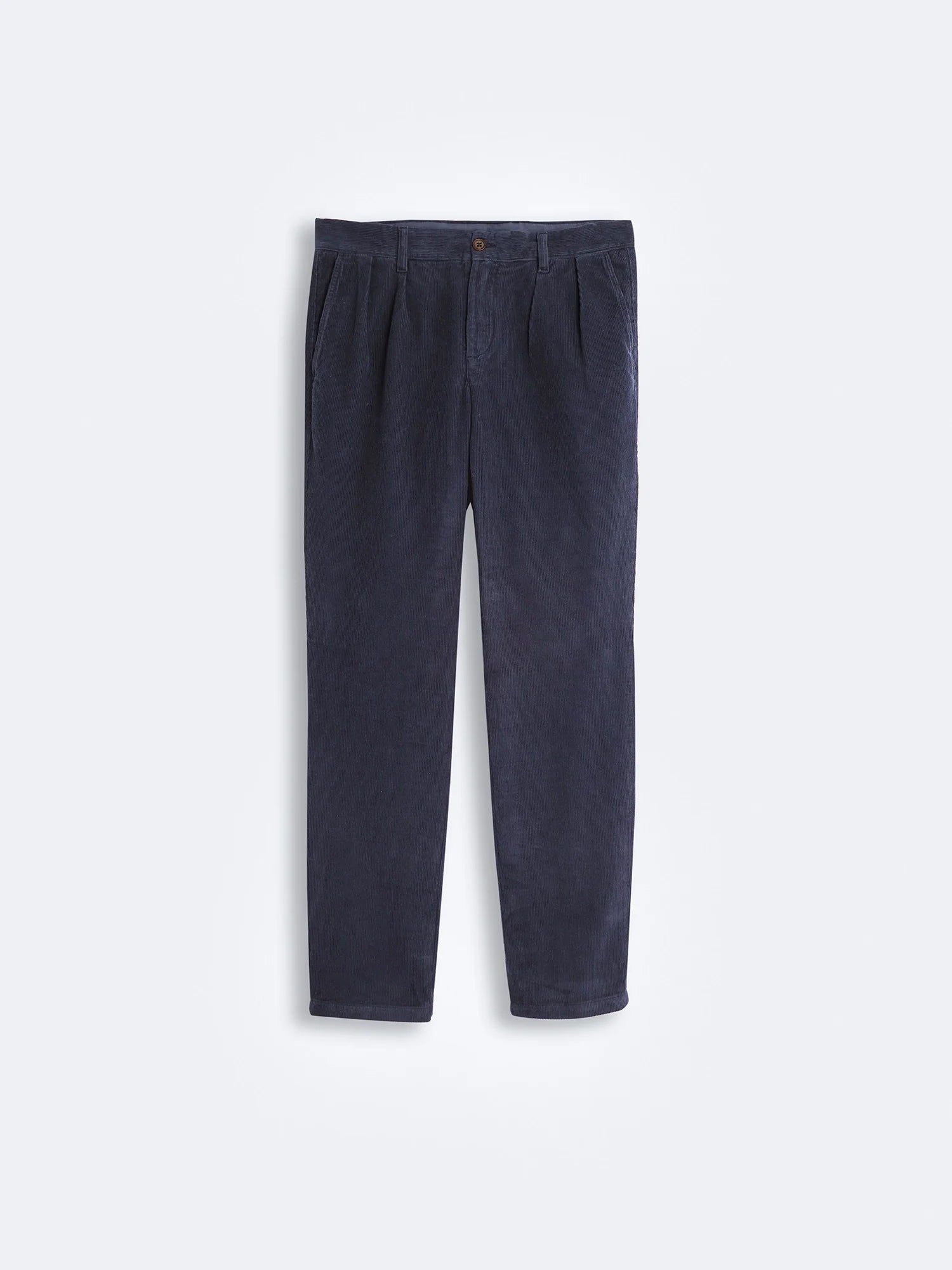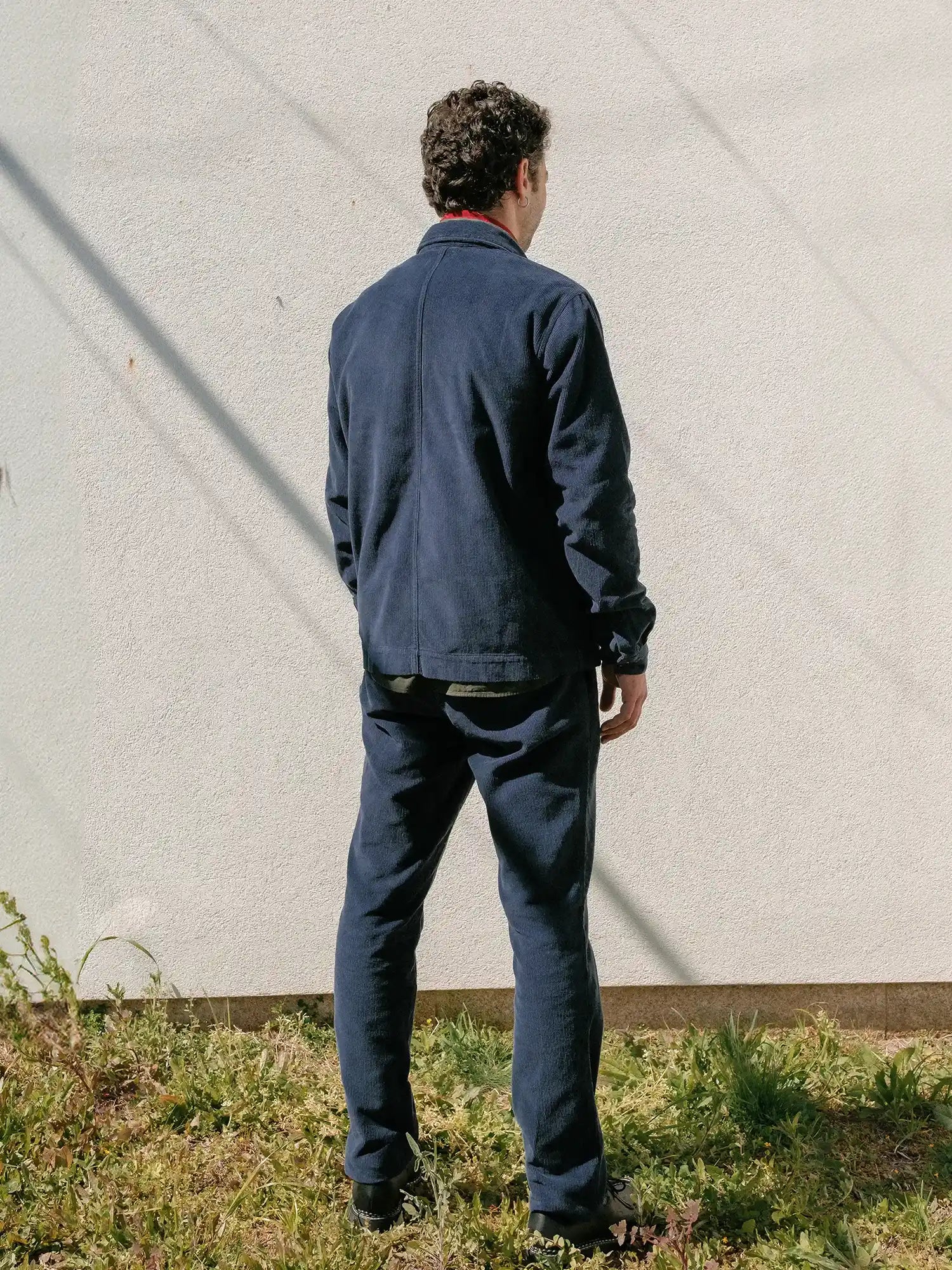Stories of Passion and Dedication
CARPASUS Portrait: Philipp Grob
Philipp Grob is a winemaker from St. Gallen who specialises in natural wines. His wines are untamed, expressive. He cultivates three vineyards in the St. Gallen Rhine Valley. By letting the grapes ferment spontaneously, not adding sulfur or other additives and refraining from filtration he creates authentic natural wines with a unique character.
We met Philipp in his wine cellar just behind the historic city walls of St. Gallen's old-town for a chat.
Making wine is a little bit like life itself. You never know exactly how it will turn out.
On the side, I worked as a bike courier – wild times, full of stories!
A good wine [...] should spark something. Maybe a conversation. Maybe it helps to address a relationship issue. It that case it can help ease tensions - a bit like taking walk.
That was an eye-opening moment. For the first time, I understood the difference between conventionally produced wines and natural wines.
I appreciate the authenticity of a few (exchanged) genuine words. They build relationships, create opportunities, and open up new possibilities.
Philipps Look

More from Philipp Grob
What's behind
CARPASUS Portraits
CARPASUS Portraits showcases inspiring, bold and creative individuals from our community who give their all for their passion. We visit them in their studios, kitchens, ateliers, offices, and workshops, chat with them, and photograph them in their favorite CARPASUS pieces.
Photos: Simon Costabiei














